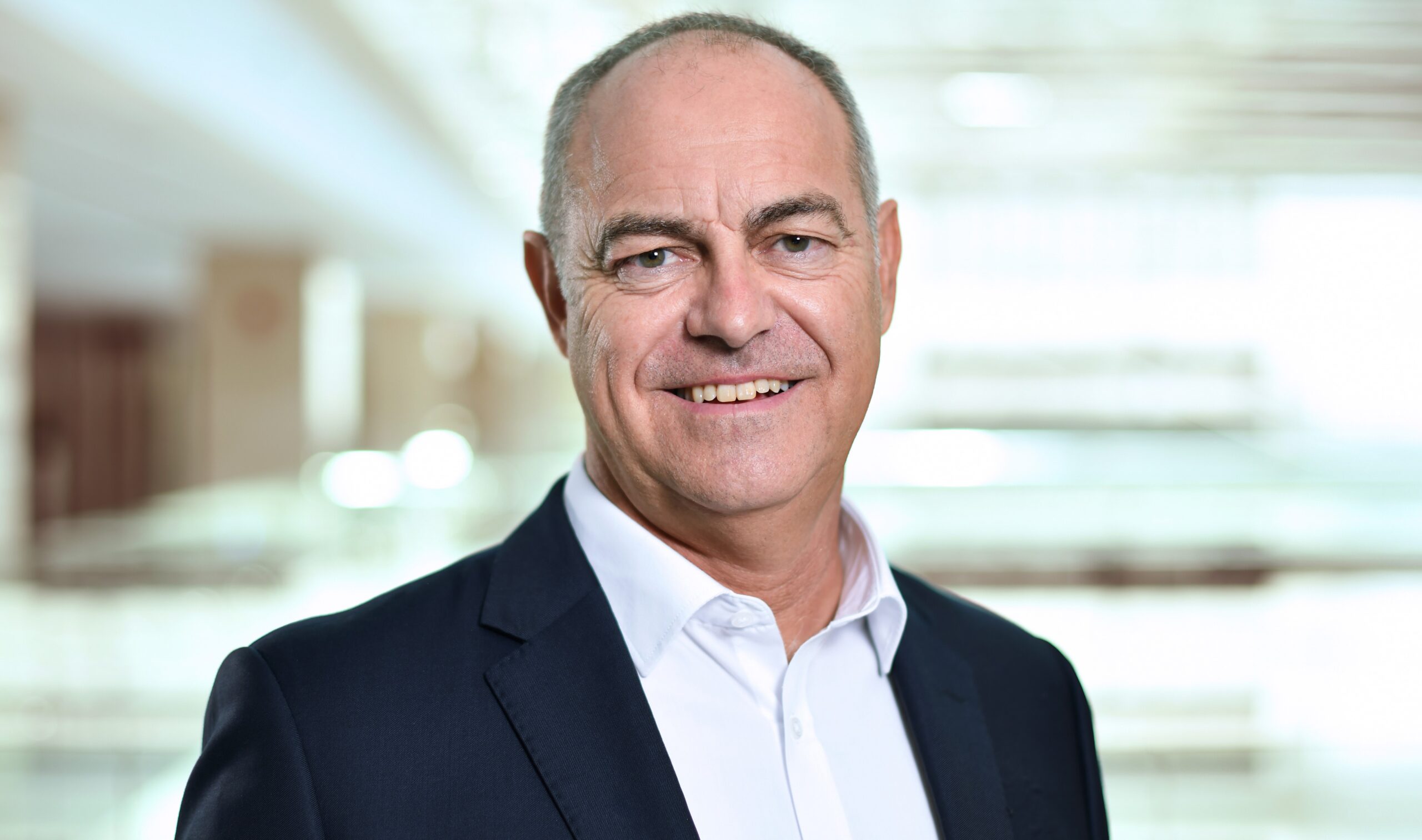After a new report projected that the ground handling market will grow at a CAGR of 9.7 per cent from 2024 to 2034, dnata’s regional CEO for Europe, Stewart Angus, answers Airside’s questions on the ground handler’s recent performance, and future of the global market.
What is dnata’s analysis of the recent report projecting the growth of the ground handling market over the next 10 years?
Ground handling volumes were strong in the financial year 2022-23, reflecting the extraordinary passenger demand enjoyed by the airlines. This seems to have continued into the 2023-24 financial year and we expect another strong summer.
On the cargo side, the traditional fourth quarter peak simply did not happen in the 2022-23 financial year. We are seeing a more positive cargo rebound from our airline customers this winter, but the outlook remains challenging for the whole industry.
We have been awarded over 20 new airline contracts in Europe this year and are in discussion with other strategic customers who have recognised the importance of reliable supply to its customers in a time of high disruption risk.
We have also taken access of our new cargo warehouse in Amsterdam and have [started fitting out new] internal systems and technology. We are very excited at the level of automation that we will introduce to the market in Amsterdam.
We are seeing continued strong demand despite economic challenges [and] we will continue to invest in people, infrastructure, innovation and sustainability to consistently deliver best-in-class services for our customers and their customers.
What changes are you seeing in the global market, and what changes would you like to see in the next 10 years?
Sustainability has become a clear focus across the industry. We continue our efforts to meet our pledge of reducing our carbon footprint and waste to landfill by 20 per cent by 2024 as part of our two-year green operations strategy.
Our recent key initiatives include continued significant investment in green ground support solutions, infrastructure and process improvement.
We continue to invest in the electrification of our ground handling fleet, and the use of biofuels where feasible, to reduce emissions. However, we understand that electrification is not the only solution to our ground handling fleet strategy.
We carefully consider airports’ climatic conditions and available infrastructure, and invest in a mix of equipment types, including biodiesel, electric, hydrogen and hybrid to maximise environmental and operational efficiency globally.
As part of the crucial role that dnata plays during busy winter operations in Switzerland [for example], we added five new hybrid de-icing trucks to our GSE [ground support equipment] fleet in 2022.
This increased the number of electric GSE in our operations in Switzerland to 35 per cent. [And] in the Netherlands, we switched to 100 per cent biofuel for all our legacy GSE fleet in January 2023, marking another milestone in our sustainable journey in Amsterdam, where 55 per cent of our fleet is electric.
We have also continued to make significant investments in renewable energy, including solar power systems at our operating facilities in the UK.
How can ground handlers, airlines and the wider industry ensure that the market continues to grow?
To foster sustained growth, we must prioritise continued strong collaboration across the industry, while continually investing in people, infrastructure and innovative technologies, particularly digitalisation and automation.
*dnata’s financial year starts on 1 April and ends 31 March the following year.
Image credit: dnata



